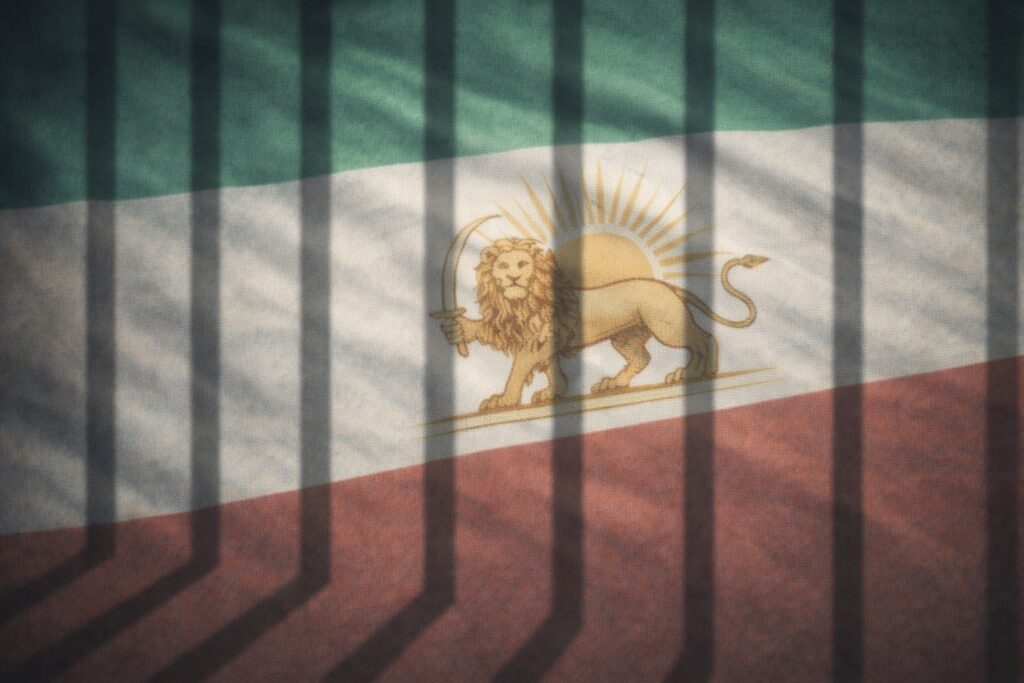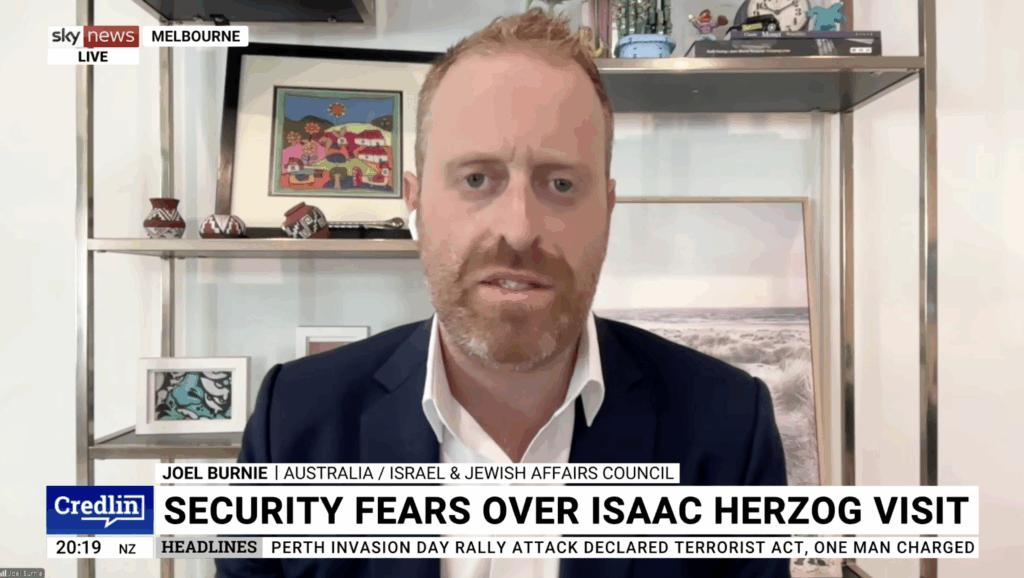UPDATES
Another child’s death falsely blamed on Israel as leaked emails reveal Assad’s scapegoating
March 15, 2012 | Daniel Meyerowitz-Katz

Just days after being exposed for fraudulently blaming the accidental death of a 15-year-old boy on an “Israeli airstrike”, Hamas officials have again attempted to implicate Israel in the death of a Gaza youth — this time, seven-year-old Baraka al-Mughrabi. Just after Mughrabi passed-away last night, reports started emerging that he had been killed by an Israeli strike:
A seven-year-old Palestinian boy died on Wednesday of injuries sustained during Israel’s weekend assault on the Gaza Strip, medics said, as a truce struggles to take hold after two further Israeli airstrikes.
Gaza emergency services spokesman Adham Abu Selmiya said Baraka al-Mughrabi died from severe injuries sustained during an Israeli bombing raid on Gaza City on Saturday.
Not long after, however, these remarks were retracted as the truth of his death emerged:
In a separate development, medics said a seven-year-old Baraka al-Mughrabi died on Wednesday from injuries sustaineThis occurred on a weekend in which the bodies of 47 women and children believed to have been executed by pro-government forces were uncovered in Homs. d in a shooting accident at a funeral of one of the people killed in the Gaza confrontations.
Family members told AFP he had been critically injured in the head during funeral in eastern Gaza City when there was gunfire in the air.
Emergency services spokesman Adham Abu Selmiya initially said he was hurt in an Israeli air strike but later corrected his account, blaming it on ‘wrong information’ from the hospital.
It is remarkeable that three such instances have been debunked so far this week — in the past, exaggerations of Palestinian fatalities and false allegations of Israeli “crimes” have caused massive media outrage, only to be quietly retracted months later, with almost no publicity or mass media coverage.
Diversion tactics past sell-by date?
There is the possibility that, following last year’s Arab revolutions, the world is finally recognising the age-old Middle East tactic of diverting international outrage to Israel in order to take attention away from their own actions. The extent of this has been revealed today in a cache of emails from Syrian President Bashar al-Assad that have been leaked to the Guardian.
Reporting on the emails, Haaretz has revealed that Assad received advice from Iran explicitly encouraging him to play upon popular sentiment towards Israel in order to increase his legitimacy (emphasis added):
In the composed memorandum, Assad was advised to stress the issue of Muslim identity through the use of Koran quotes, as well as centering on what the email called “Syria’s principles,” which included: “Resistance”; “Hostility to Israel, the first enemy of the Muslims”; and “Protection of Palestinian people’s rights (real prayers should be in the direction of Jerusalem).”
“Maybe here the president can reiterate his stance by condemning forcefully the recent Israeli practices and policies to Judaise Al-Quds (Jerusalem),” the email added, saying that Assad should use “powerful and violent” language in his opposition to Israel.
“Here the subject of Israel comes up and it becomes necessary to put stress on the particular merits of the president by linking the foreign pressures on Syria, which differs in its toughness and content to other countries in crisis, with the geographical proximity to Israel and the position of the people and the regime towards Israel,” the memo stated.
Culminating the email’s section on Israel, the adviser said Assad should make “a clear distinction between the west’s ambitions and people’s demands and that the west and Israel are exploiting part of the Syrian people without their knowledge to break Syria, but the president has a great confidence in the patriotism of the entire Syrian people.”
Judging by recent statements made by Assad, he certainly took this advice on board:
“Syria strongly condemns the ongoing Israeli aggression against the Palestinian people and urges the international community to initiate immediate action to put an end to these acts and punish those responsible,” the Syrian statement said.
This occurred on a weekend in which the bodies of 47 women and children believed to have been executed by pro-government forces were uncovered in Homs.
Israel/Palestine finally being afforded due (lack of) attention?
Increasing awareness of the scapegoating of Israel may have actually had a tangible effect over the past week; as Jerusalem Post columnist Herb Keinon notes today, the flare-up in violence in Gaza over the weekend has had a far more muted international response than any comparable incident in recent years. It seems as though present circumstances have caused the world’s attention to be diverted elsewhere.
… The lack of an international response also shows the degree to which Islamic Jihad, which suffered the most deaths, and the Popular Resistance Committees firing off rockets into Israeli population centers do not generate much sympathy in the west.
Even the targeted assassination of Qaisi, the action that triggered the violence, did not generate a great deal of condemnation. One likely reason is that targeted assassinations have now been adopted by other countries, first and foremost the US, and there is more understanding of its legitimacy; if US President Barack Obama can authorize a targeted hit against a terrorist leader hell-bent on trying to kill Americans, why can’t Prime Minister Binyamin Netanyahu do the same against those trying to kill Israelis?
The horrific death toll in Syria … and the hundreds of people killed elsewhere in the region since the onset of the “Arab Spring” also had an impact on the relative lack of international interest, likely putting into proportion for many the death of two dozen terrorists aiming for civilian population centers.
The death of one to three innocents is a horrible tragedy, but that this failed to spark an international outcry also may indicate the degree to which some around the world understand that in war there will be collateral damage, and that – in comparison with the number of civilians killed in other war theaters around the world – that number is not particularly egregious.
Keinon concludes by noting that the circumstances leading to a relatively muted response to the Gaza violence may only be temporary; this would be unfortunate, given that these reasons mostly involve the world waking up to the fact that the Israeli/Palestinian conflict has relatively few casualties, insofar as the Middle East, let alone the world, is concerned and therefore it is not deserving of the immense ammount of attention that it is normally afforded.
Naturally, this is not at all to say that the conflict is unimportant and that its resolution should not be a priority, however there are few convincing arguments to be made that a resolution is brought closer by the global overreaction to every small incident that occurs in this tiny piece of land.
Daniel Meyerowitz-Katz
Tags: Iran





